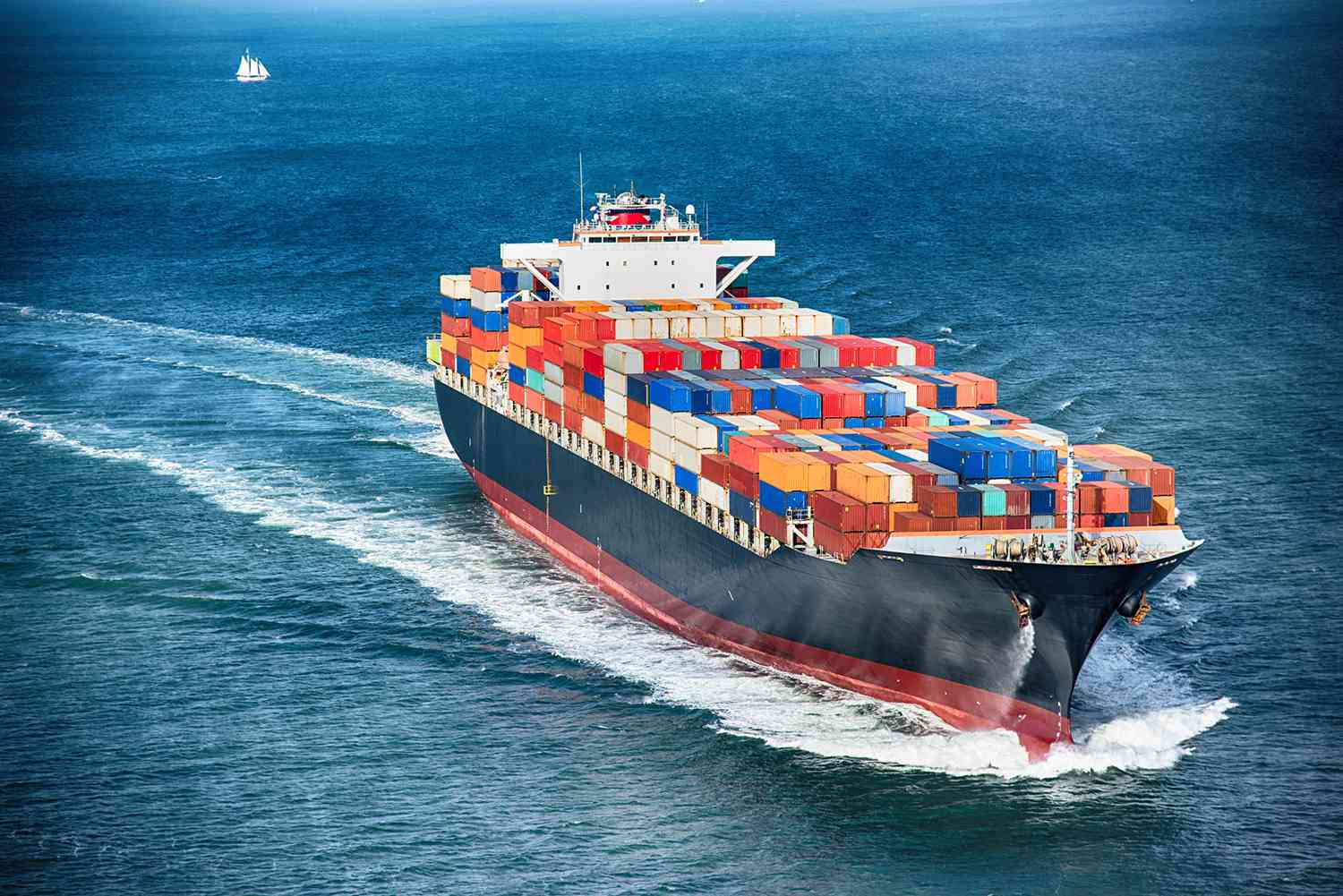
Honduras’s main imported goods
Honduras, a Central American country with a diverse economy, relies heavily on imported goods to support its domestic industries and meet the needs of its population. The country’s main imports reflect the requirements of its growing economy and diverse sectors, from manufacturing and agriculture to energy and technology. Below is an overview of the primary categories of goods that Honduras imports, exploring the significance of each in the national economy.
1. Machinery and Equipment
One of Honduras’s largest import categories is machinery and equipment, including electrical and mechanical machinery. This segment is essential for powering various industries, particularly manufacturing and construction. Industrial equipment and electrical machinery, such as generators, engines, and other essential parts, are critical for Honduras’s infrastructure development. These imports support the country’s growing textile and garment industry, one of the mainstays of the economy, allowing it to compete globally. Additionally, agricultural machinery like tractors and harvesters aids Honduras’s large agriculture sector by improving productivity.
2. Fuels and Mineral Oils
Given the limited domestic oil production in Honduras, petroleum and mineral oils are among the top imports. The country imports large quantities of crude oil, gasoline, and diesel, as these fuels are indispensable for transportation, power generation, and industrial operations. The importation of fuels supports various sectors, including agriculture, transportation, and electricity generation. This dependency on imported energy sources makes Honduras vulnerable to fluctuations in global oil prices, which can significantly impact its economy and the cost of living for its citizens.
3. Vehicles and Automotive Parts
The importation of vehicles and automotive parts is crucial, as Honduras relies on imports to meet the demands of its expanding population and growing logistics industry. This category includes passenger cars, trucks, motorcycles, and related spare parts. Cars are essential for personal transportation and commerce, while trucks are used to transport goods within the country and across Central America. The growing demand for vehicles reflects increasing economic activity, especially in urban areas. Additionally, automotive parts and maintenance supplies are essential to support the existing vehicle fleet and ensure operational efficiency.
4. Pharmaceuticals and Medical Equipment
Honduras imports a significant volume of pharmaceuticals and medical equipment, which are critical to meeting the healthcare needs of its population. The healthcare system in Honduras relies on imported drugs, medical devices, and diagnostic tools. These imports support hospitals, clinics, and pharmacies across the country, helping to treat and prevent a wide range of diseases. The COVID-19 pandemic further highlighted the importance of these imports, as the country required additional medical supplies and vaccines to manage the public health crisis effectively. Given that healthcare needs are constantly evolving, the demand for these imports is expected to remain steady.
5. Food and Agricultural Products
Though Honduras is an agricultural nation, it still imports certain food products to meet the population’s needs and fill gaps in local production. Key imports in this category include wheat, corn, and rice, which are staples in the Honduran diet but are not produced in sufficient quantities domestically. Additionally, processed foods, dairy products, and animal feed are imported to support the local market and livestock industries. By importing these goods, Honduras ensures food security and meets consumer preferences, particularly in urban areas where demand for a more varied diet is high.
6. Chemical Products
Chemical products are another important category in Honduras’s import profile, encompassing fertilizers, plastics, and other industrial chemicals. These chemicals support a range of industries, including agriculture, textiles, and manufacturing. For example, fertilizers are critical for agriculture, enabling farmers to enhance crop yields and improve food production. Plastics and raw chemicals are also essential for the packaging and manufacturing sectors, which contribute significantly to the economy. The import of chemicals is vital to sustaining Honduras’s industrial output and helping it remain competitive in global markets.
7. Electronics and Telecommunications Equipment
As technology becomes increasingly important in both personal and business environments, Honduras imports a substantial amount of electronics, including computers, mobile phones, and other telecommunications equipment. The adoption of digital technology is rising in Honduras, with individuals and businesses relying on imported devices for communication, entertainment, and work. Telecommunication equipment supports Honduras’s infrastructure, helping improve connectivity and supporting the growing information technology sector. This trend is expected to continue as internet usage and digital services expand across the country.
8. Textiles and Clothing Materials
Honduras has a robust textile and apparel industry, and while it produces many of the final garments domestically, it still relies on imported textiles, fabrics, and materials for manufacturing. These materials are used to produce garments that are then exported to international markets, primarily the United States. By importing high-quality textiles, Honduras can sustain its garment production, which is a significant source of revenue and employment. This dependence on textile imports highlights the interconnectedness of Honduras’s economy with global supply chains, as it relies on imports to fuel its export-oriented industries.
Conclusion
Honduras’s imports play a critical role in sustaining its economy by supplying necessary resources and products to meet domestic needs and support various industries. From machinery and fuels to food and electronics, these imports allow Honduras to maintain and grow its infrastructure, healthcare, transportation, and industrial sectors. While the country has a strong agricultural base, its reliance on imports in these key areas underscores the importance of international trade to its economy.




Leave a Reply